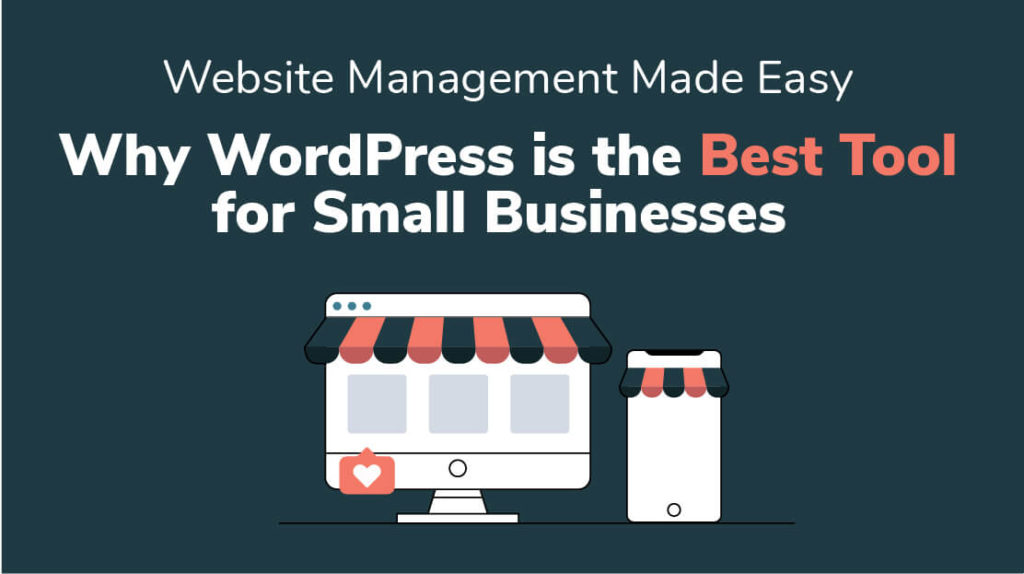If you’re within a certain age group, you may remember what the internet was like during the dot com boom. The digital wild west was strange and endearing even then– tacky and wildly inconsistent jumping from site to site. Such was the internet’s first taste of ubiquity. Platforms like Geocities served as an introduction to the boundless suburbia of the internet with tools that allowed one to build their own spaces despite a lack of coding knowledge.
Decades into the internet generation, platforms like WordPress have matured to the point of boasting robust backend workflows and sleek, user customizable templates. It carries much of the same spirit but honed to a fine point– things work as good as they look these days. You could even build a fully functional online storefront without ever looking like an abandoned Geocities or Tripod site! How cool is that?
Great systems are supposed to get out of the way. That’s just how good design works. With informative dashboards, various integrations, and more plugins than you could ever ask for, WordPress has become a great place to start one’s dream project. You could run it with as much control as you’d like– scaling to meet your own needs as they come. It’s that flexible.
It’s easy to say that website management is easier than it’s ever been. But it’s also worth looking into how that’s come to pass. How has the platform grown to become one of small businesses’ best tools?

Ease of use
You don’t need to learn a programming language if you’re looking to build a great web experience on WordPress. The platform’s backend could be a bit confusing for some beginners, but all things considered, it’s a powerful solution which doesn’t have as steep of a learning curve as bespoke web design.
Modular functionality
The platform lets you turn your page into whatever you want it to be. You’re immediately greeted with tens of thousands of plugins on WordPress’ main site. Each plugin allows you to make changes to your page in ways not otherwise available on the basic platform. Mix and match to your heart’s content– you’ve got everything from visual tweaks to forms that integrate with your calendar system, or even full-fledged e-commerce plugins to work with.
Future proof
Your situation may vary, but many WordPress installations live, by-and-large, in the cloud. Thanks to cloud support, you could rest assured that you have a constant window to updates that allow your store to function in line with global standards. On top of maintaining assets you already have, new plugins will inevitably rise to meet future needs.
Robust support
Should you run into major backend problems, you have no shortage of resources and capable WordPress experts. The platform has a long documented history, and if you experience a particular bug or glitch, someone’s probably run into it before. Also, since WordPress and many of its plugins are cloud-based, there’s a high chance of these things ironing themselves out within the next patch cycle.
Social integration
The platform natively integrates with a whole host of different social media networks, allowing you to take your brand where it needs to be. SEO tools help you rank in search, while social integration helps build visibility and nurture brand relationships in the public consciousness.


